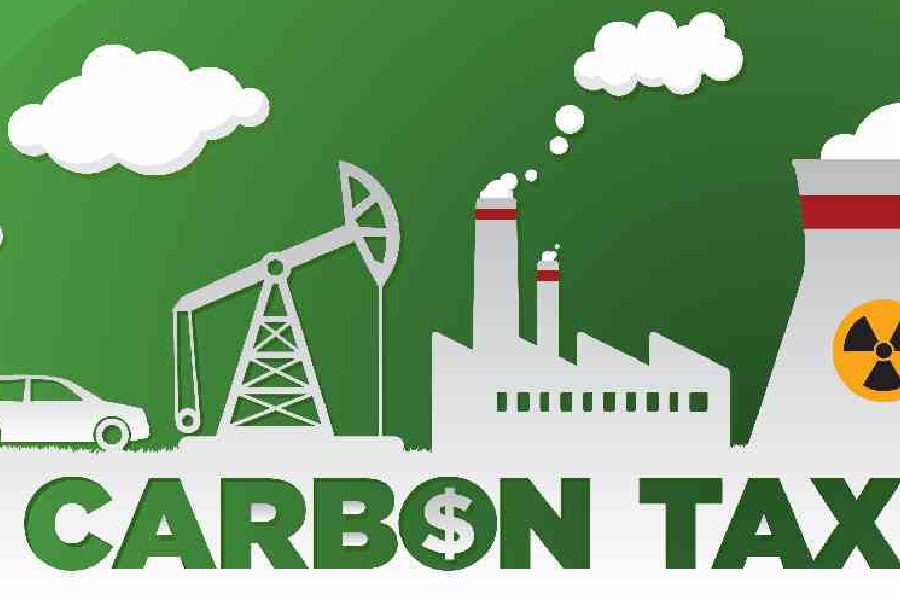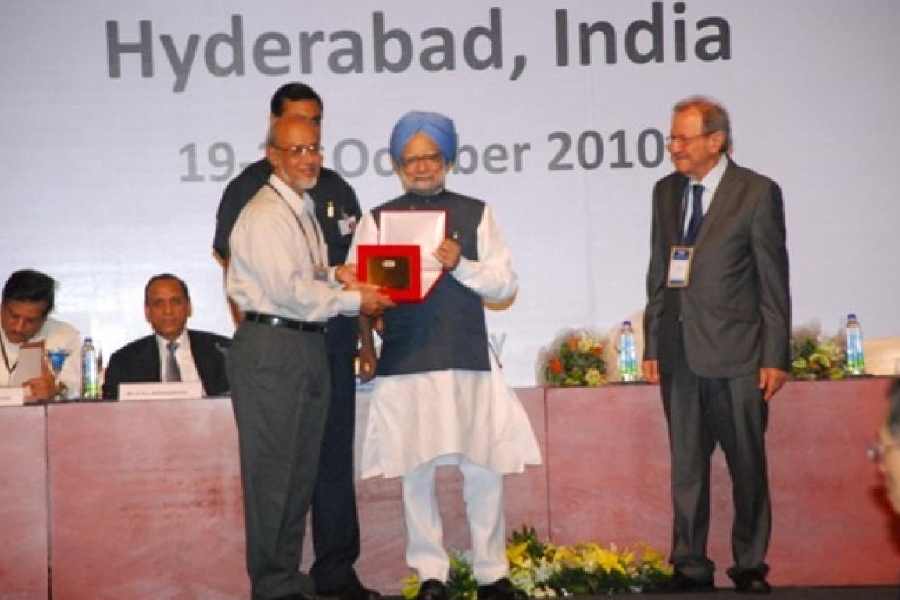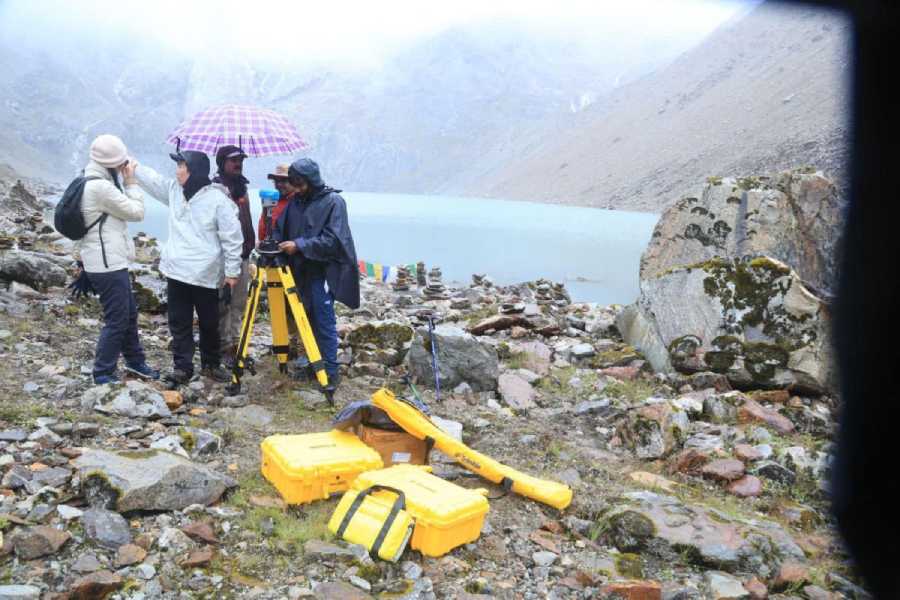The carbon clock is ticking in steel, cement, fertiliser and aluminium.
Companies in these segments will have to share data on carbon emissions with the EU from October 1 as Europe takes the first steps towards a carbon tax regime that takes effect from January, 2026.
The government has asked steel firms and others with export interests to share their preparedness to reduce their carbon footprints and provide information on steps taken to face the green challenges in global markets.
The government will take inputs from industry for a blueprint on the changes required in production to bring emission intensity of carbon dioxide at par with the European standards, officials said.
The steel ministry is in dialogue with its commerce counterparts over the mechanism to calculate embedded carbon.
It is preparing a blueprint for green steel production, involving changes in technology and processes by steel companies.
Similar steps would be taken for other sectors impacted by the carbon tax, officials said.
The green transition is a complex challenge in hard-to-abate sectors, including steel, and needs government support, Tata Steel global chief executive officer and managing director T.V. Narendran said.
The supply chain in steel is over 100 years, so transitioning from coal and gas to hydrogen is a very complex challenge, Narendran, who is also the chairman of the manufacturing council of industry body CII, said.
"This journey is going to be significant and we should not underestimate that. The industry can support part of the cost. Cost of transition also needs government support. You need customers to be willing to pay more for green products. It's a long journey and I think journey has started in Europe and the US," he said.
"The CBAM tax will start from January 2026, but there are penalties on not reporting, negligent reporting or mis-reporting of data from October 1, 2023," GTRI co-founder Ajay Srivastava said.
He said the transition period for the tax, starting October 1, brings extensive data compliance on the part of exporters.
The CBAM will translate into a 20-35 per cent tax on select imports into the EU starting January 1, 2026.
Indian ore pellets, iron, steel and aluminium products will be hit by the levy.
Nearly 27 per cent of iron ore pellets, iron, steel and aluminium products go to the EU. In value terms, exports stood at $7.4 billion in 2022-23.
Meanwhile, the EU is awaiting India's response to its proposal for setting up a dedicated dispute settlement mechanism under the bilateral investment protection pact that is being negotiated along with an ambitious free trade agreement (FTA) by the two sides, reports.











